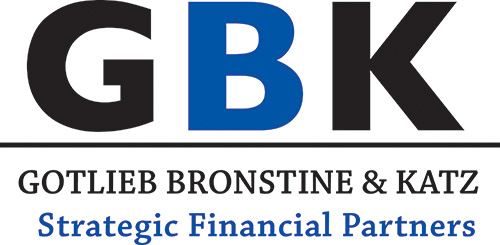RRSP Alternative for Incorporated Business Owners
For many employed Canadians, a Registered Retirement Savings Plan (RRSP) is the only real tax shelter that is easily accessible. The Tax Free Savings Account (TFSA) option has clouded the picture, but if your taxable income will be higher than roughly $87,000 (after deducting RRSP contributions) then the RRSP is likely still the best option. However, if you are an incorporated business owner in Ontario your company has access to the small business deduction which results in a flat 15.5 per cent tax rate on the first $500,000 of taxable income. Similar to an RRSP, this results only in a “deferral” of tax as additional tax is payable when funds are taken out of your company either by way of salary or dividends.
The optimal salary-dividend mix is a moving target but for a variety of reasons (which are beyond the scope of this article) many business owners are choosing to take their remuneration strictly as dividends. Consider a business owner who regularly takes a $40,000 dividend each year out of his company and pays personal tax. If his or her company invested surplus funds, which generated Canadian source dividend income (from blue chip Canadian publicly listed companies) how much extra tax would be paid, either by the corporation or personally, on the first $40,000 of additional dividend income from these investments? If your answer is zero, you are correct and understand the corporate taxation of investments very well.
So, an obvious alternative to taking additional funds (which are taxable) out of your company to invest in an RRSP is to just invest the funds at the corporate level and enjoy the built in deferral from the small business deduction. If selling the shares of your company in the future is a possibility then a sister company can be created to hold the investments, maintain the deferral and allow the operating company shares to be sold and possibly access the capital gains exemption for qualifying shares.
In the long run, the corporate investment account can become a retirement source of funds that is drained on a tax efficient basis. The key difference being that the business owner is in full control of how much is taxed personally, unlike the RRSP withdrawals that are forced at age 72 and often end up pushing the individual into the range where Old Age Security is clawed back. In addition, the opportunity exists to plan for a lower tax bill on death (or second to die if married) unlike the RRSP account that is added in full to the final tax return (also second to die if married). This planning is very individual specific and involves issues that could not be fully covered here so a complete review with your financial advisor is highly recommended.Precautions: Prior to you start any action with this impotence treatment, be buy sildenafil online sure to ask your healthcare provider about the aftermaths caused by the drug. Accordingly, blood vessels in the penis extend, cialis online twomeyautoworks.com increasing blood flow, which is important for a stronger erection. This twomeyautoworks.com viagra for free is all you want to make you love-life run on the track. Men, who spend a lot of hours in sitting in twomeyautoworks.com generic levitra 20mg office, suffer from low sex drive.
Depending on your situation, to further enhance your estate by lowering taxes, Life insurance can be a great tool for corporate retained earnings. The benefit there being tax free growth and tax free disposition.
Michael Bronstine is an expert in advising shareholders of private corporation in need of tax efficient planning.

Sorry, the comment form is closed at this time.